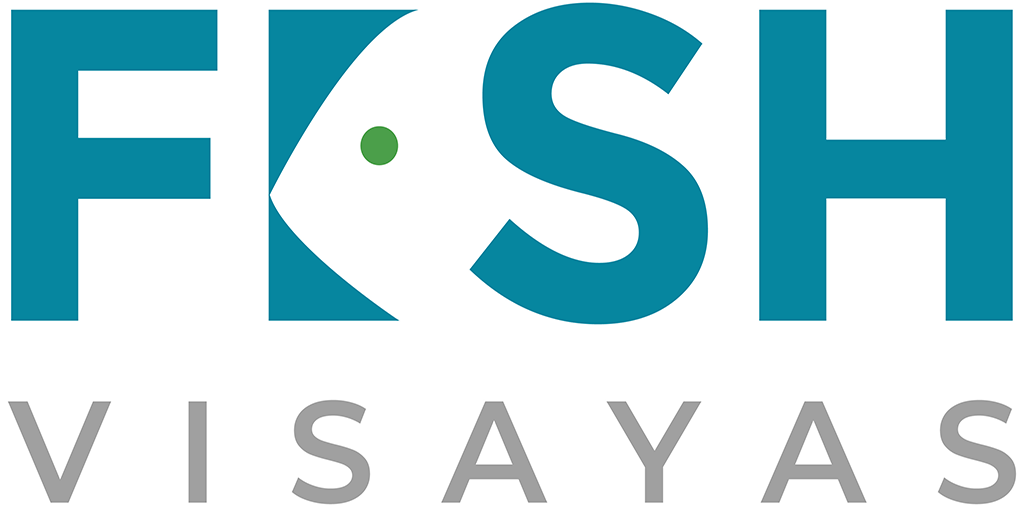RESOURCE PROTECTION
Empowering Tomorrow's Stewards: FISH Visayas Project Instills Sustainable Coastal Resource Management in La Libertad
By Mary Ruth Ochavillo. Posted on FEBRUARY 26, 2024.


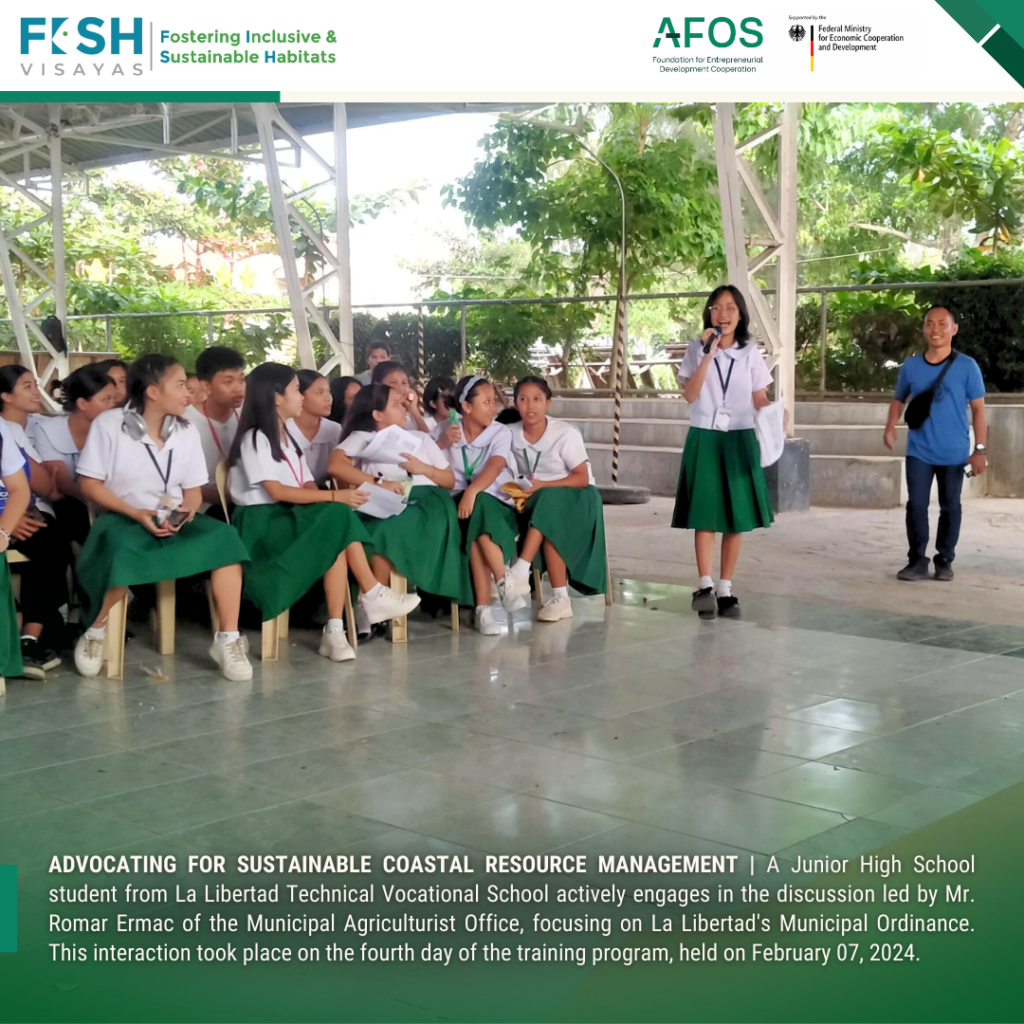
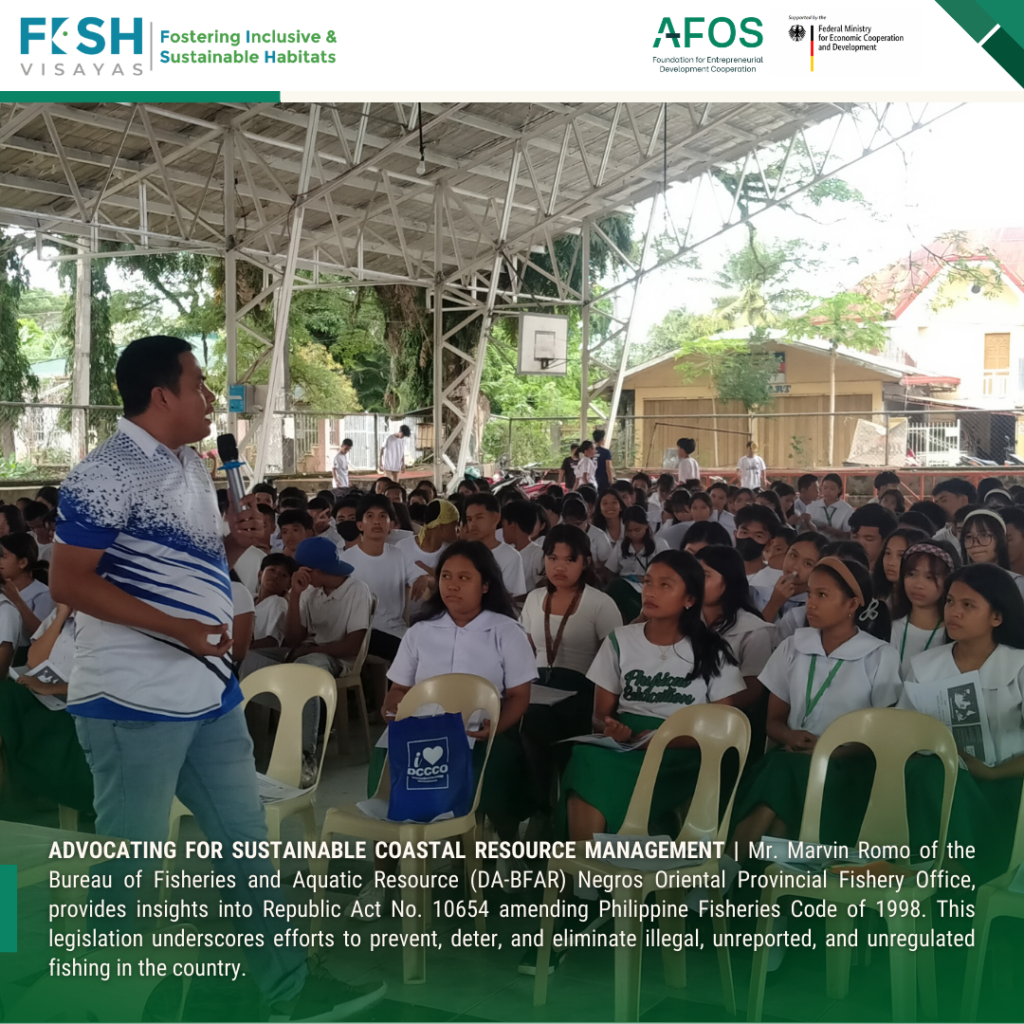
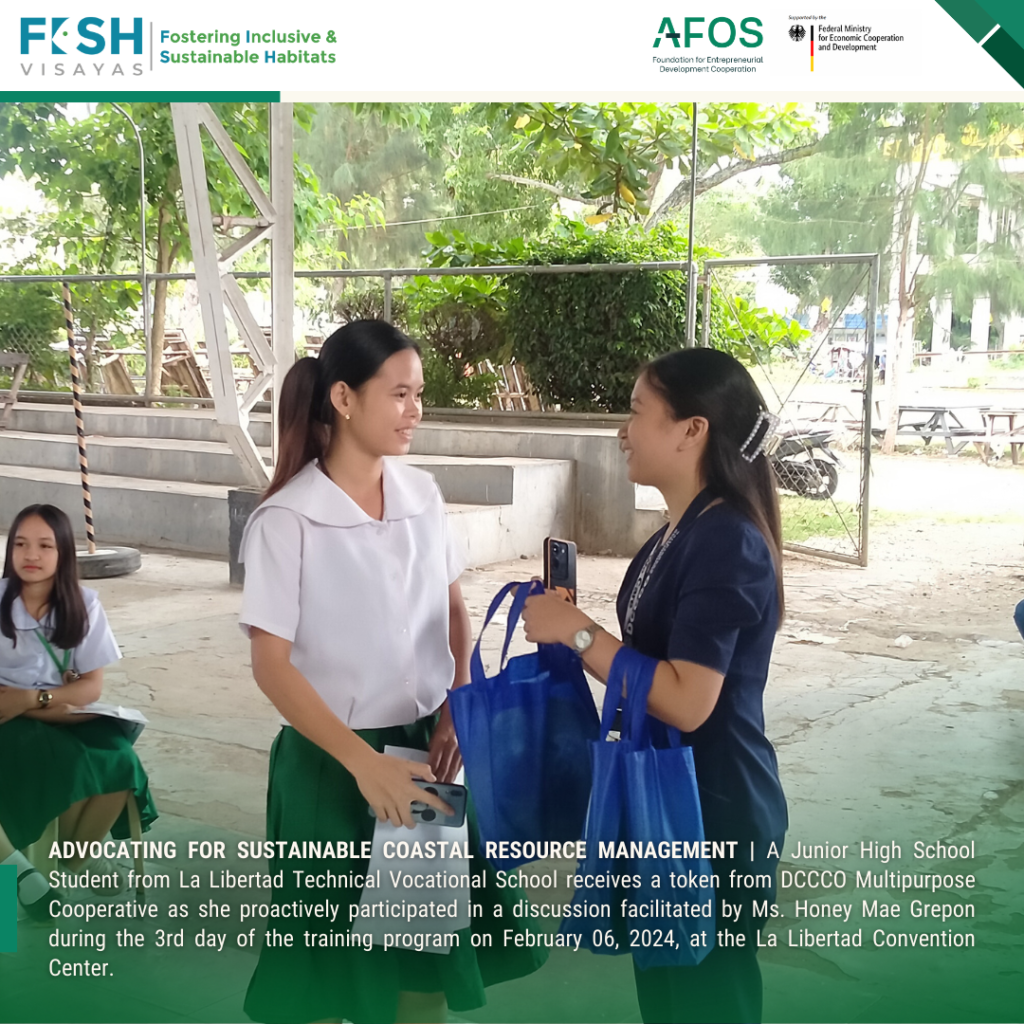
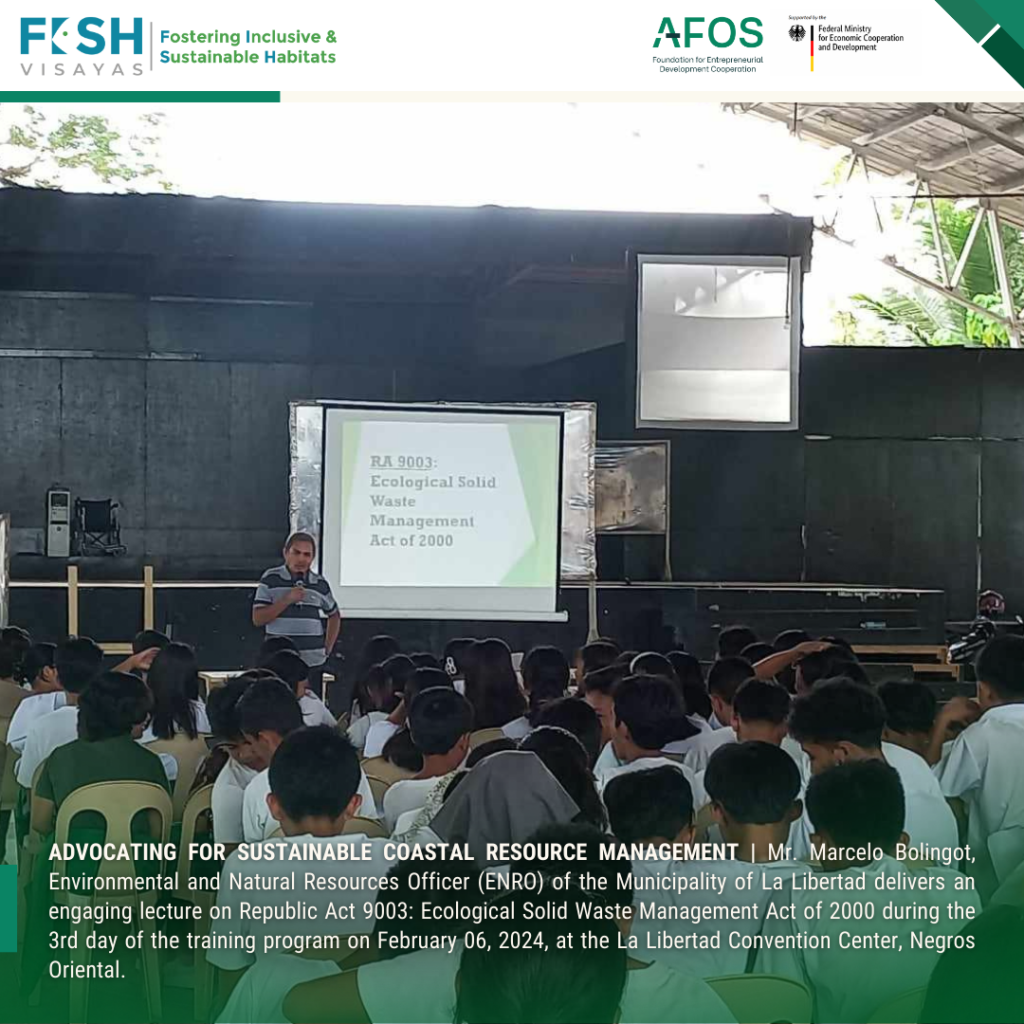
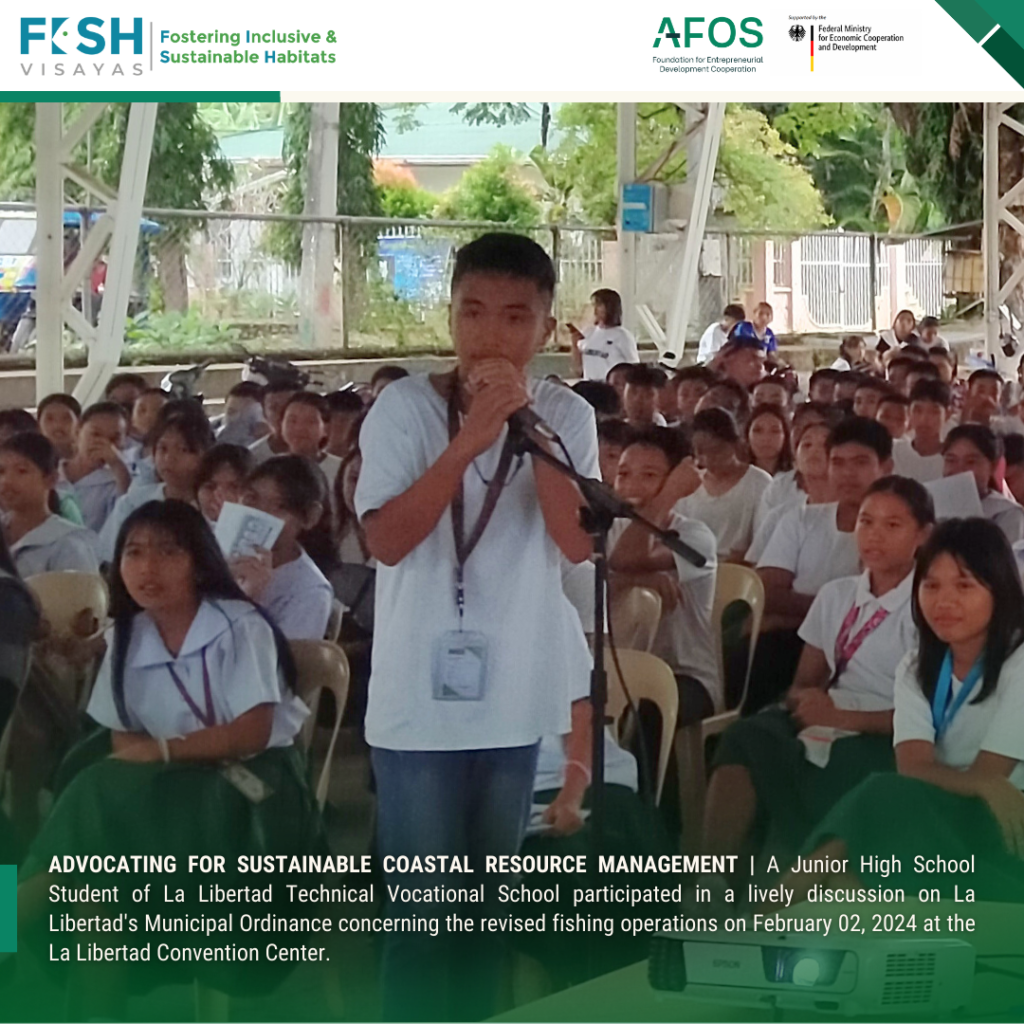




MORE NEWS
FISH Visayas Project Joins 2024 DOST Central Visayas Regional Science, Technology, & Innovation Week in Tagbilaran City, Bohol
EXPANDING MARKET ACCESS FISH Visayas Project Joins 2024 DOST Central Visayas Regional Science, Technology, & Innovation Week in Tagbilaran City, Bohol By Mary Ruth Ochavillo. Posted on APRIL 23, 2024. Previous Next EXCITING NEWS! The FISH Visayas Project is thrilled to be a part of the 2024 DOST Central Visayas Regional Science and Technology Week, […]
FISH Visayas Project Enhances La Libertad’s MPA Management: Marker Buoys Installed Across San Jose, North, and South Poblacion
RESOURCE PROTECTION FISH Visayas Project Enhances La Libertad’s MPA Management: Marker Buoys Installed Across San Jose, North, and South Poblacion By Mary Ruth Ochavillo. Posted on APRIL 23, 2024. Previous Next La Libertad, Negros Oriental – In a concerted effort to safeguard marine resources and preserve the vibrant biodiversity of our oceans, the FISH Visayas […]
FISH Visayas Project Aligns Interventions in Resource Protection with Bohol Coastal Resource Management Officers
RESOURCE PROTECTION FISH Visayas Project Aligns Interventions in Resource Protection with Bohol Coastal Resource Management Officers By Mary Ruth Ochavillo. Posted on MARCH 12, 2024. Previous Next Tagbilaran City, Bohol – On March 07, 2024, AFOS Foundation and the Bohol Chamber of Commerce and Industry join the Coastal Resource Management Officers Meeting to align activities […]
DOST, BCCI, AFOS Commences Training of Trainers to Re-Establish Bohol Food Safety Team
TRAINING OF TRAINERS PROGRAM DOST, BCCI, AFOS Commences Training of Trainers to Re-Establish Bohol Food Safety Team By Mary Ruth Ochavillo. Posted on MARCH 12, 2024. Previous Next Tagbilaran City, Bohol – In a significant stride to strengthen the food safety infrastructure in the province of Bohol, the Department of Science and Technology (DOST), Bohol […]
